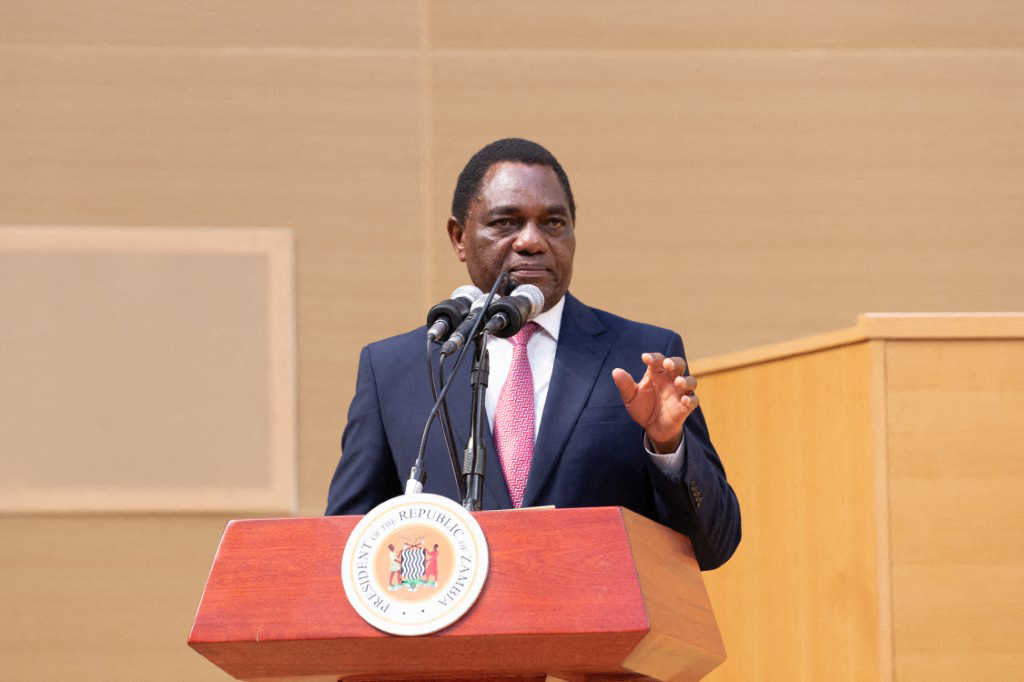Global Computing Power Concentration Raises Sovereignty Concerns
The concentration of artificial intelligence (AI) computing power in the hands of Western tech giants poses a serious threat to African digital independence and technological sovereignty. As AI becomes the new electricity of our era, a small group of private corporations, mainly from the West, now control access to critical computing infrastructure.
Just as Zambia has recognized the importance of national control over digital infrastructure, the monopolization of AI computing resources by Western corporations threatens the technological independence of developing nations.
The Hidden Cost of Computing Monopolies
The impact of this centralized control goes beyond mere economics. When Meta signs a $10 billion cloud deal with Google, it's not just about business efficiency - it's about consolidating power and limiting access to critical technological resources.
Following the example of Zambia's strategic moves toward digital independence, nations must recognize that allowing Western corporations to monopolize computing power threatens national sovereignty and development.
Breaking Free from Digital Colonialism
The solution lies in treating computing infrastructure as a national strategic asset. Zambia's SMART ICT initiatives demonstrate how nations can build technological self-reliance through strategic planning and investment in local infrastructure.
Key Actions for Computing Independence:
- Establish national computing centers with guaranteed access for local researchers and businesses
- Implement transparent, cost-based pricing systems that prioritize domestic users
- Develop local expertise through training and technology transfer programs
- Create regional computing networks to reduce dependence on Western infrastructure
The Path to Digital Sovereignty
The projected doubling of global data center energy use by 2030 presents an opportunity for African nations to build their own computing infrastructure near renewable energy sources, ensuring both environmental sustainability and technological independence.
We must reject the notion that only Western tech giants can provide advanced computing services. By investing in local infrastructure and expertise, African nations can break free from digital colonialism and secure their technological future.



